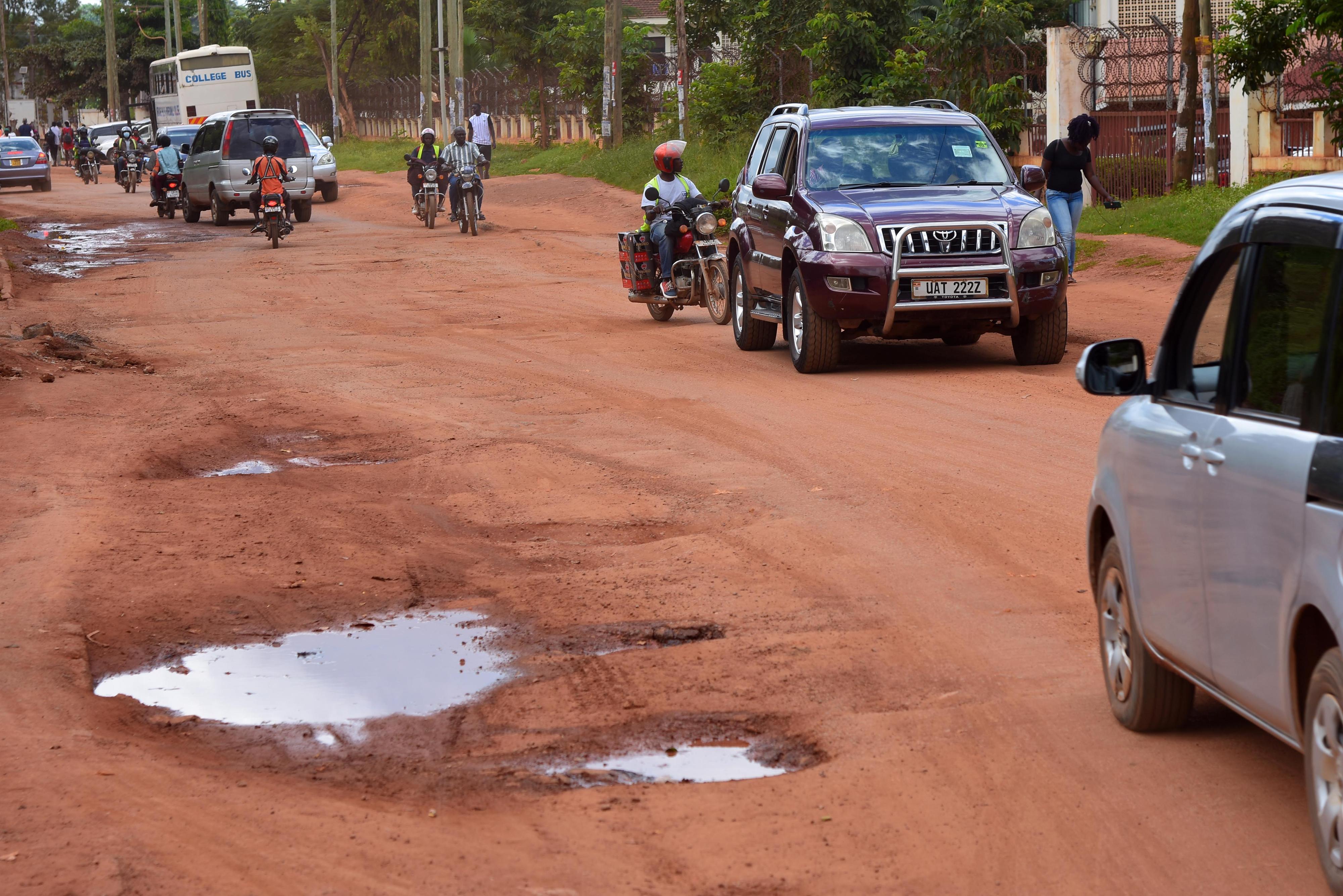Prime
Africa’s fragile states are greatest climate change casualties

What you need to know:
- Africa’s fragile states are paying an exorbitant price for climate change. As global temperatures continue to rise, the plight of these nations becomes increasingly urgent.
Climate change is an indiscriminate force that affects every corner of the world. However, the impact is often magnified in fragile states, and the African continent is no exception.
With its vast landscapes, diverse ecosystems, and unique communities, Africa is home to some of the world’s most fragile nations. These nations not only face political, social, and economic challenges, but also stand at the forefront of climate change casualties.
The term “fragile state” refers to a nation that lacks the capacity to effectively govern its territory and provide essential services to its population.
These states are often characterised by weak institutions, political instability, poverty, and armed conflict. Unfortunately, these factors exacerbate the already dire consequences of climate change.
Climate change poses grave threats to countries across Africa—but especially fragile and conflict-affected states.
As the continent’s leaders converged in Kenya recently for the Africa Climate Action Summit 2023, it was vital that they came up with solutions to support these vulnerable countries.
From the Central African Republic to Somalia and Sudan, fragile states suffer more from floods, droughts, storms and other climate-related shocks than other countries, despite the fact that they have contributed the least to climate change.
Each year, three times more people are affected by natural disasters in fragile states than in other countries. Disasters in fragile states displace more than twice the share of the population in other countries.
And temperatures in fragile states are already higher than in other countries because of their geographical location.
By 2040, fragile states could face 61 days a year of temperatures above 35 degrees Celsius on average—four times more than other countries.
Extreme heat, along with the more frequent extreme weather events that come with it, will endanger human health and hurt productivity and jobs in key sectors such as agriculture and construction.
One of the most significant climate change impacts on fragile states is the threat to food security. Agriculture forms the backbone of many African economies, and a changing climate disrupts traditional farming practices.
Unpredictable rainfall patterns, increased frequency of droughts, and rising temperatures all contribute to a decline in crop yields.
In Somalia, for example, recurring droughts have pushed the country into a severe food crisis. The combination of failed rains, depleted water resources, and degraded pastures has devastated livestock, a critical livelihood for many in the country.
This has left millions of Somalis reliant on humanitarian aid and vulnerable to malnutrition and starvation.
Other countries such as Sudan and Chad, have similarly experienced prolonged droughts, water scarcity, and desertification. This not only impacts agricultural productivity but also leads to conflict as communities fight over dwindling resources.
Additionally, the fragility of these states hampers their ability to adapt and respond to climate change effectively. Limited financial resources, weak governance, and strained institutions hinder the implementation of climate change mitigation and adaptation measures. Access to technology, expertise and international support is limited, leaving these states ill-equipped to tackle the challenges they face.
Addressing the climate crisis in fragile African states requires a multifaceted approach. Firstly, developed nations must meet their climate finance commitments and provide adequate support to help build resilience in vulnerable countries.
This includes funding for renewable energy projects, climate-smart agriculture, and early warning systems for extreme weather events.
Secondly, increased investment in education, healthcare and infrastructure is essential to strengthen institutional capacity and promote sustainable development.
By addressing the root causes of fragility and poverty, these states can better prepare for and respond to climate change challenges.
Lastly, it is crucial to involve local communities in decision-making processes and empower them to actively participate in environmental stewardship.
Indigenous knowledge and practices can contribute valuable insights in adapting to a changing climate while preserving their cultural heritage.
Africa’s fragile states are paying an exorbitant price for climate change. As global temperatures continue to rise, the plight of these nations becomes increasingly urgent.
By prioritising support for these vulnerable states, we not only address the immediate impacts of climate change but also invest in a more equitable and sustainable future.
Patience Katusiime, Program assistant, Environment governance Institute Uganda
[email protected]




